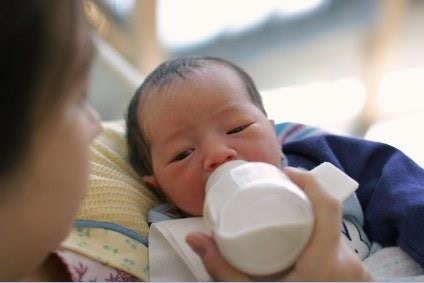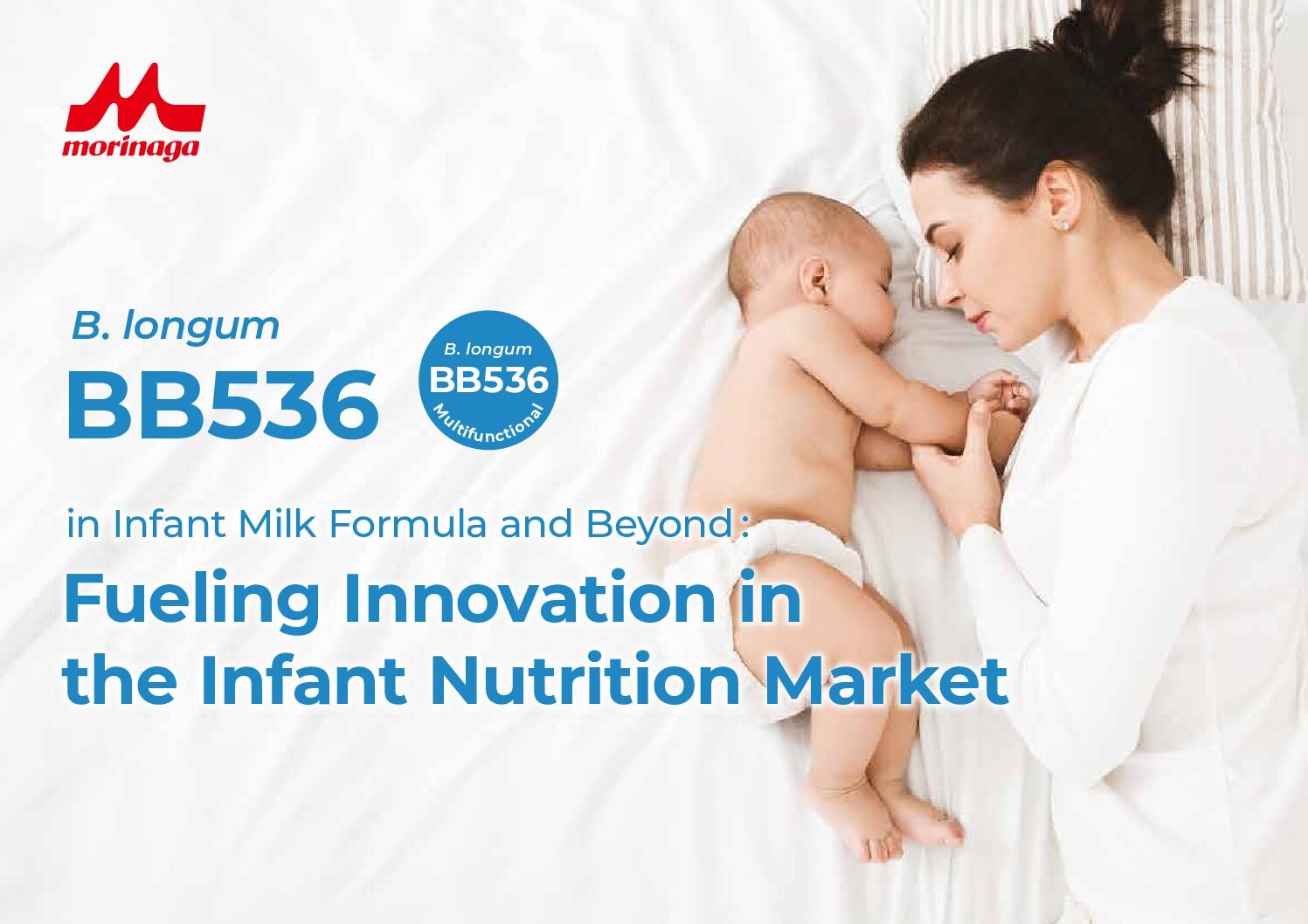
Reckitt Benckiser has agreed a deal to sell its infant-formula operations in China to local investment firm Primavera Capital Group.
The UK-based consumer-goods group said the transaction gives the assets sold “an implied enterprise value” of US$2.2bn. Reckitt is to keep an 8% stake in the business.

US Tariffs are shifting - will you react or anticipate?
Don’t let policy changes catch you off guard. Stay proactive with real-time data and expert analysis.
By GlobalDataFour months ago, Reckitt said it was weighing up its options over its infant-formula operations in the Greater China region. Reckitt acquired the assets as part of its 2017 takeover of US-based infant-formula producer Mead Johnson.
In February 2020, Reckitt booked a writedown of more than GBP5bn (US$7.06bn) thanks to the weaker prospects for growth for its infant and child-nutrition arm in China.
Reporting its 2020 financial results this February, the company said the business had been affected by restrictions on cross-border trade activity between Hong Kong and mainland China.
Reckitt said it expects to incur cash tax costs of around GBP300m and “transaction and other costs of around GBP200m”.
In a stock-exchange filing, the company, which calls the assets sold IFCN China, added: “ “As a result of the sale, Reckitt expects to incur a net loss of around GBP2.5bn, principally relating to the re-measurement of goodwill and intangible assets for IFCN China.”
CEO Laxman Narasimhan added: “Our nutrition business going forward will have a better and more consistent growth and margin profile.
“We are market leaders in infant nutrition in North America, ASEAN and Latin America, and we have a strong vitamins, minerals and supplements portfolio, which includes an exciting Adult Nutrition business. This, combined with our focus on execution, brand building and productivity, our investment in R&D and innovation, and our expertise in e-commerce, gives us a solid foundation from which to grow.”
The deal gives Primavera a royalty-free perpetual and exclusive licence to Reckitt’s Mead Johnson and Enfa brands in China.
Primavera described the acquisition as “another milestone” for its business in the consumer sector.
Fred Hu, Primavera’s founder and chairman of Primavera Capital Group, said the Mead Johnson business in Greater China was “a long-established and renowned multinational infant and children nutrition brand”.
Reckitt acquired Enfinitas and Enfamil maker Mead Johnson four years ago for $17.9bn, including debt.
At the time, then Reckitt CEO Rakesh Kapoor described the acquisition as a “significant step forward” in the FMCG group’s “journey as a leader in consumer health”.
However, before the acquisition, Mead Johnson had seen declining sales. Reckitt managed to grow sales for the first two full years after the acquisition but volumes have since come under pressure amid competition in China.
Martin Deboo, an equity analyst covering Reckitt for investment bank Jefferies, said the transaction came “at a cost” for the UK group.
“The deal is incurring heavy GBP500m one-time transaction costs, of which GBP100m is direct transaction fees, GBP100m is restructuring to take out resultant stranded costs outside China and GBP300m is cash tax,” Deboo wrote in a note to clients today (7 June).
“The latter reflects the structuring of the original Mead Johnson acquisition as that of the holding company, with a tax domicile outside China,” Deboo said. “Based on an estimated FY21 EBITDA of $140m for the disposed assets, that resolves to an exit multiple of 15.5 times gross but only circa nine times net. The transaction multiple on the original global Mead Johnson deal globally was 17.4 times trailing EBITDA.”
He added: “Disclosed FY20 profits of GBP85m and margins of just under 10% compare to Mead Johnson’s margins pre-acquisition in their former Asia Division in the mid-20% range after allocated corporate costs. Such is the measure of the declining yields from the former goldmine that was China infant formula.
“By licensing to a local partner and keeping the global IP in the brands, they retain an option on an eventual complete exit – but at the expense of one-off costs that represent 40% of the gross valuation and material diminution of their distribution platform in China.”







